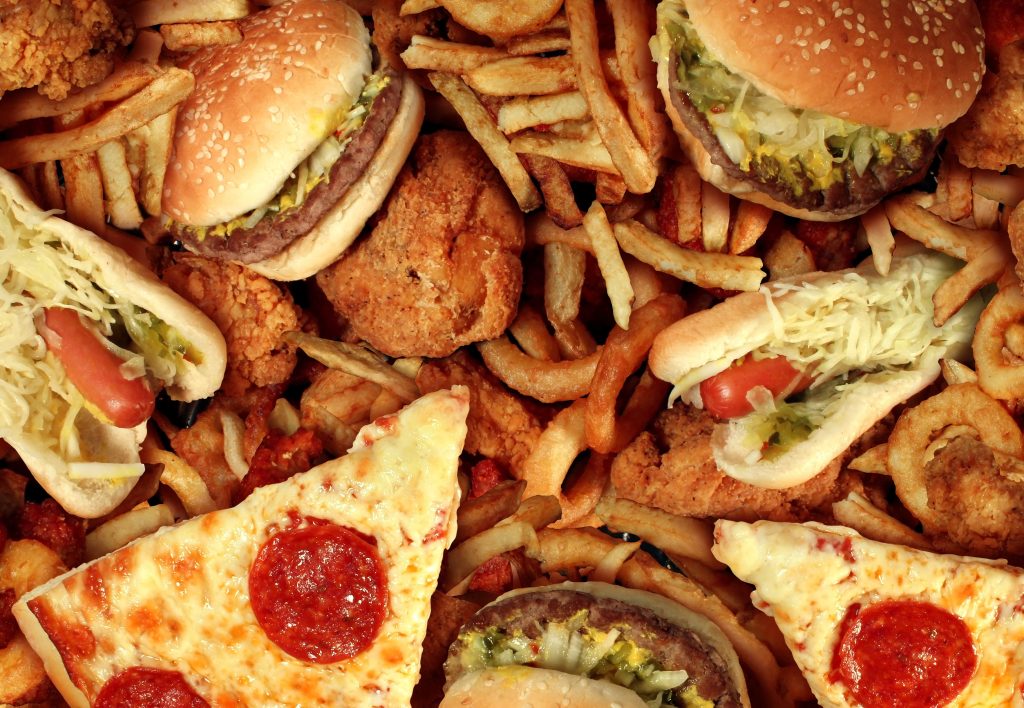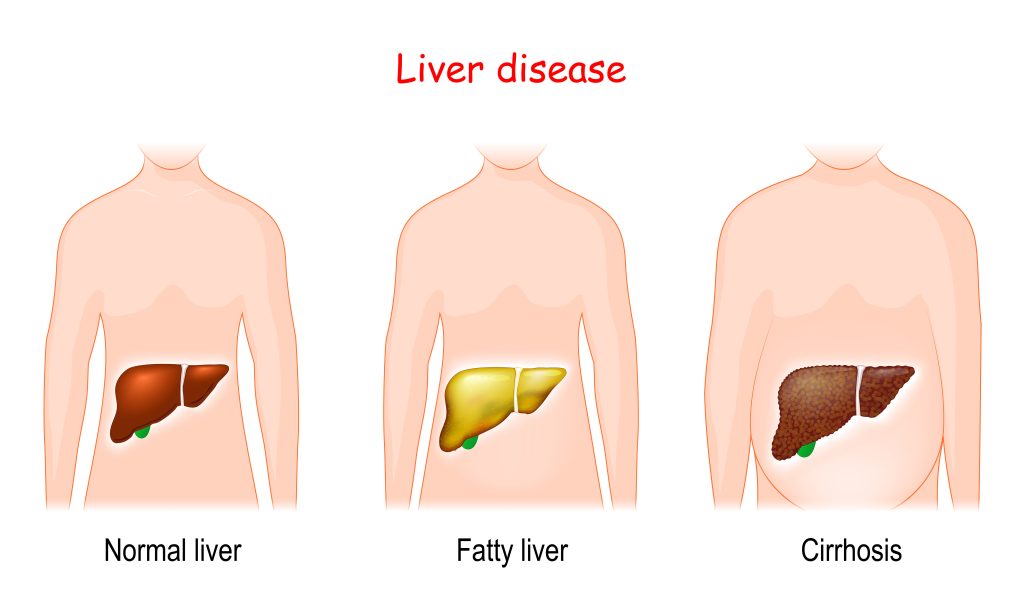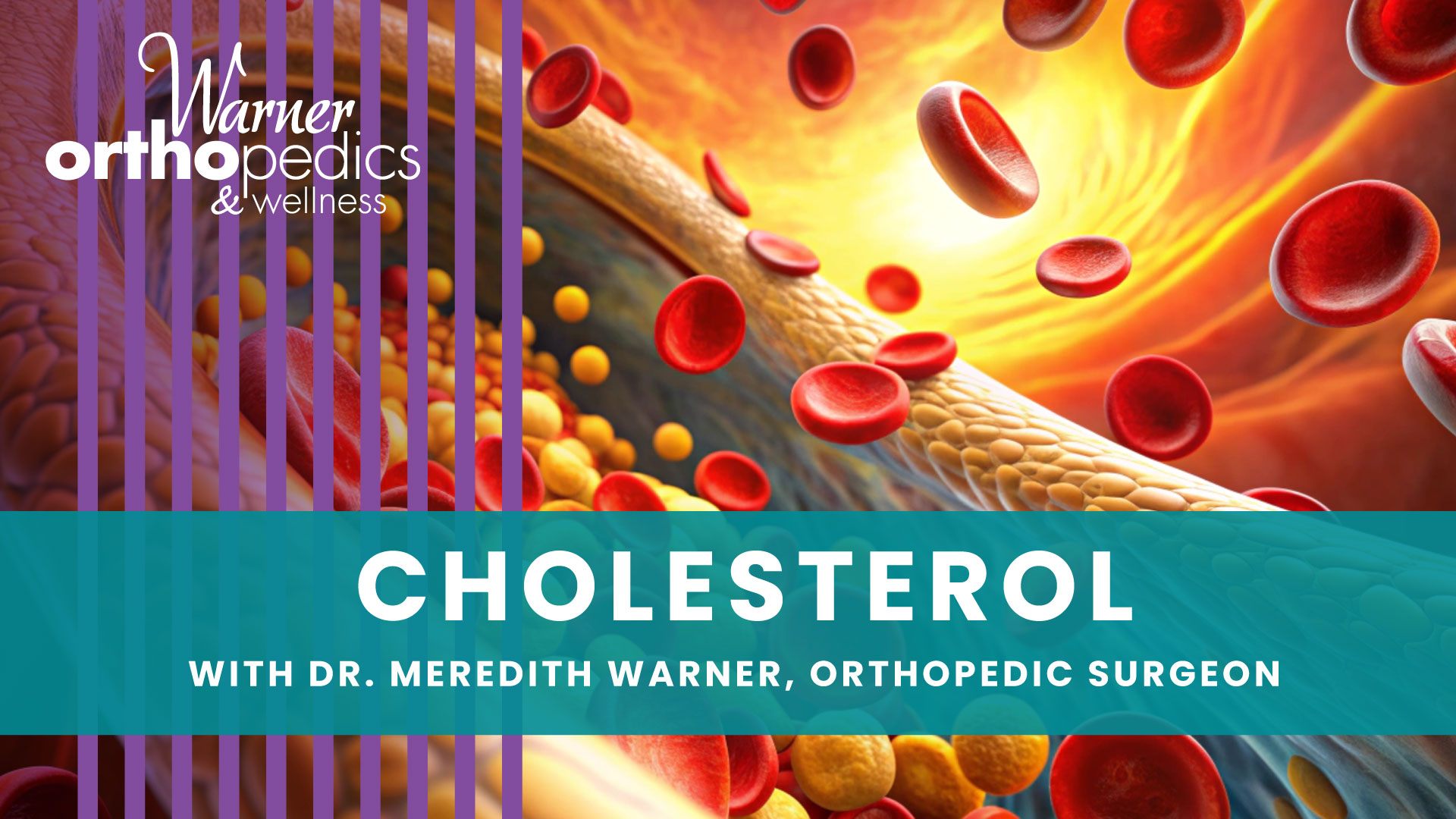The Impact of Diet on Liver Health

The liver is a vital organ responsible for various metabolic functions such as processing nutrients and detoxifying the body. What we eat directly affects the liver’s ability to carry out these functions, and poor dietary choices can have a serious impact on liver health.

Diet
Consuming a diet high in saturated fats, added sugars, and processed and fast foods can lead to the accumulation of fat in the liver, a condition known as non-alcoholic fatty liver disease (NAFLD). This disease now affects about one in four adults globally and can cause extensive scarring and permanent liver damage known as cirrhosis, liver failure, and potentially higher rates of liver cancer.
Maintaining a healthy weight through diet and exercise is an essential strategy for optimal liver health. To start, avoiding added sugars, fructose, and ultra-processed foods helps a lot. Obesity is closely linked to liver problems and a well-balanced diet, portion control, and regular physical activity can help prevent obesity-related liver issues.

Liver Disease
Excessive alcohol consumption can lead to alcoholic liver disease (ALD), causing inflammation, fibrosis (early stages of liver scarring), and cirrhosis (advanced liver scarring). Reducing alcohol intake or abstaining from alcohol altogether can prevent or minimize liver damage from this source.
NAFLD is far more common than is ALD. The prevalence of NAFLD is approaching 90% of the obese and 65% of the overweight. ALD affects 2-2.5% of the population. NAFLD is most common in people who have high blood pressure, high cholesterol, insulin resistance (prediabetes), or type 2 diabetes. You’re also at risk for this type of liver disease if you’re overweight or obese, though it’s possible to develop NAFLD if your body mass index (BMI) is normal.
But, take heart. Fatty liver disease can be prevented or reversed with a balanced diet rich in fruits, vegetables, whole grains, and lean proteins such as the Mediterranean diet, an eating plan Dr. Meredith Warner follows and prescribes to her patients. Specific nutrients like antioxidants found in fruits and vegetables support the liver’s natural detoxification processes. Fiber aids in digestion and helps eliminate toxins from the body while omega-3 fatty acids from fatty fish and certain oils such as olive oil have anti-inflammatory properties that boost liver health.

Conclusion
The impact of diet on liver health cannot be overstated. Making mindful food choices and adopting a diet rich in nutrient-dense unprocessed whole foods while avoiding excessive alcohol is key to promoting a healthy liver and preventing liver disease. A healthy liver supports overall well-being and ensures the body’s optimal functioning.
We all may need extra liver support and these surgeon-designed supplements help support your liver and keep it functioning at an optimal level. We have an exclusive line of liver cleansing supplements.
Liver Complex — 15-Day Detox Program
This supplement combines the most powerful liver-cleansing herbs to support healthy liver function and detoxification while boosting energy, reducing bloating, and optimizing your metabolism. Our Liver Complex balances nutrient shortfalls and helps your liver reduce oxidative stress, and function at peak performance condition while addressing all 3 phases of liver detox. *For best results use for 15 days every month*
Wake Well — After-Alcohol Recovery Aid
Part of our exclusive liver detoxification series. Designed to be taken alongside a night of celebration or overindulgence to mitigate the depletion of vitamins and minerals lost during alcohol consumption. May help lessen hangover symptoms and keep your system in balance.





